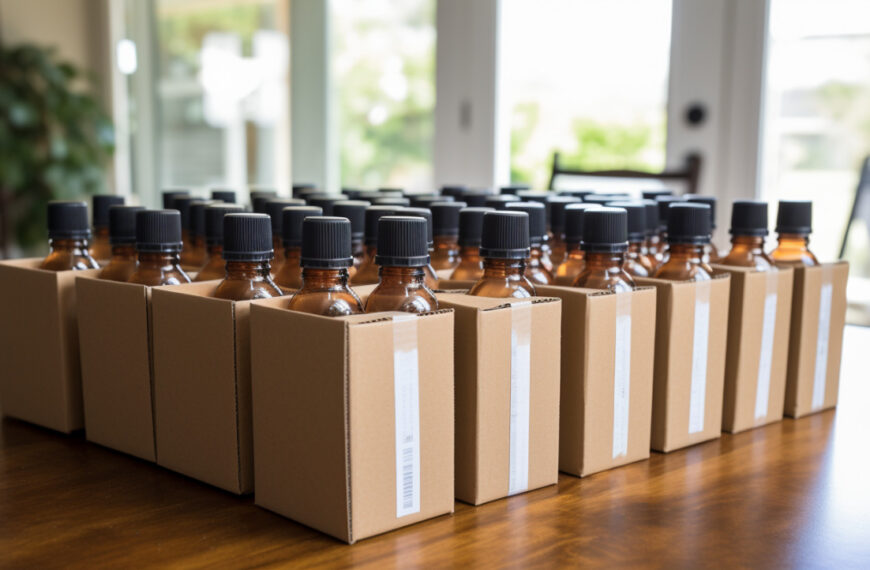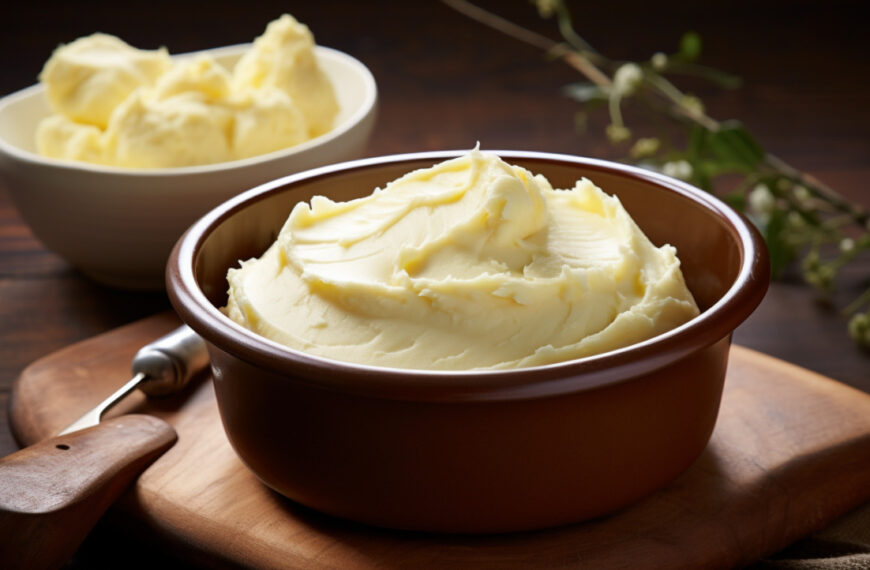Bloat Begone – Your Essential Oil Quick-Start Guide
That uncomfortable, tight sensation in your abdomen—we’ve all been there. Bloating can strike after a heavy meal, during stressful periods, or seemingly out of nowhere. After discovering the remarkable power of essential oils for digestive health years ago, I’ve never looked back. These concentrated plant extracts have become my go-to solution for those days when my stomach feels like an overinflated balloon.
Essential oils work wonders for bloating because of their unique carminative properties—they help relax digestive muscles, reduce inflammation, and expel trapped gas that causes that uncomfortable distension. The beauty of these natural remedies is that they address both the physical discomfort and the underlying causes of bloating.
Before diving into specific oils, it’s worth understanding that bloating isn’t just about gas—it involves complex digestive processes. Essential oils can help by:
- Relaxing smooth muscle tissue in the digestive tract
- Reducing inflammation in the gut
- Stimulating healthy digestive enzyme production
- Balancing gut bacteria that might contribute to gas formation
- Calming stress responses that can trigger digestive upset
I’ve found that having a small arsenal of digestive-supporting oils on hand means never having to suffer through bloating again. Let’s explore which specific oils deserve a place in your natural medicine cabinet.
Top Essential Oils for Soothing Bloating
Peppermint Essential Oil: The Gold Standard
Peppermint oil stands as the undisputed champion for bloating relief. Its anti-inflammatory properties and ability to relax digestive tract muscles make it exceptionally effective. The menthol in peppermint oil works by blocking calcium channels in the intestinal smooth muscle, which helps relieve spasms and reduce abdominal discomfort.

Clinical research consistently shows that peppermint oil can reduce colonic spasms and bloating in patients. What’s particularly impressive is how quickly it works—many people experience relief within 30 minutes of application. Studies have found it decreases pain duration, frequency, and severity compared to placebo treatments.
Spearmint (Mentha Spicata) Essential Oil: The Gentle Alternative
While peppermint gets most of the attention, spearmint essential oil deserves recognition too. Rich in carvone, spearmint oil has proven anti-bloating effects that are particularly helpful for upper abdominal bloating. It’s often my recommendation for those who find peppermint too intense, as it offers similar benefits with a gentler approach.
Ginger Essential Oil: The Digestive Powerhouse
Ginger essential oil is my personal favorite for bloating accompanied by nausea. Its warming properties stimulate digestion and help food move through the digestive tract more efficiently. I’ve found it particularly effective for bloating and nausea after eating heavy meals. The gingerols and shogaols in ginger oil have powerful anti-inflammatory effects that soothe the entire digestive system.
Fennel Essential Oil: The Ancient Remedy
Comparing fennel oil vs peppermint oil for easing bloating symptoms reveals they work through different mechanisms. Fennel contains anethole, which gives it a licorice-like aroma and helps relax the intestinal muscles while reducing gas. Historically used for colic in babies (though I recommend professional guidance for children), fennel oil has stood the test of time for digestive complaints.
Chamomile Essential Oil: The Stress-Busting Soother
For those whose bloating is triggered by stress or anxiety, chamomile essential oil offers dual benefits. It calms the nervous system while simultaneously soothing the digestive tract. The anti-spasmodic properties help relieve cramping and gas, making it particularly useful for IBS-related bloating.
How to Use Essential Oils for Bloating Relief
Topical Application: Direct Relief
The most effective method I’ve found for acute bloating is topical application. Here’s my tried-and-true approach:

- Dilute 2-3 drops of your chosen essential oil in 1 tablespoon of carrier oil (sweet almond, jojoba, or fractionated coconut oil work beautifully)
- Apply in a clockwise circular motion around your navel, following the direction of your colon
- Extend the massage to cover your entire abdomen for comprehensive relief
- For enhanced effects, place a warm compress over the area after application
The safe dilution ratio for applying essential oils on the stomach for bloating is typically 2-3% (2-3 drops per teaspoon of carrier oil). For sensitive skin, start with a 1% dilution and increase if needed.
Inhalation: Quick Accessibility
Can inhaling essential oils help with bloating and digestion? Absolutely! Aromatherapy isn’t just for emotional well-being—it triggers physiological responses too. The olfactory system connects directly to parts of the brain that influence digestion.

Try these inhalation methods:
- Add 3-5 drops to a diffuser in your living space
- Place 1-2 drops on a tissue and inhale deeply when needed
- Create a personal inhaler with 15-20 drops of your favorite anti-bloating blend
Bath Soaks: Full-Body Relief
For bloating accompanied by overall tension, a warm bath with essential oils can provide whole-body relief:
- Mix 5-7 drops of essential oil with 1 tablespoon of carrier oil
- Add to a warm (not hot) bath
- Soak for 15-20 minutes, breathing deeply
Effective Essential Oil Blends for Bloating
Some of the best essential oil blends for irritable bowel syndrome bloating combine multiple therapeutic actions. Here’s my go-to blend that addresses multiple aspects of digestive discomfort:
- 3 drops Peppermint essential oil (muscle relaxant)
- 2 drops Ginger essential oil (anti-inflammatory)
- 2 drops Fennel essential oil (carminative)
- 1 drop Chamomile essential oil (calming)
- 1 tablespoon carrier oil
This powerful combination works synergistically to address multiple causes of bloating simultaneously. For bedtime relief, I recommend how to use peppermint oil for bloating and gas before bed by applying a diluted blend to your abdomen about 30 minutes before sleep, paired with gentle stretching.
Safety Tips & Dosage Guidelines
Essential Precautions
While essential oils offer powerful relief, they demand respect. As a certified aromatherapist, I always emphasize these safety guidelines:

- Never apply undiluted essential oils directly to skin
- Perform a patch test before using a new oil
- Avoid internal use unless under the supervision of a qualified healthcare provider
- Keep oils away from eyes, inside of nose, and sensitive areas
- Store oils out of reach of children and pets
The National Association for Holistic Aromatherapy (NAHA) provides excellent guidelines for safe usage that I’ve followed throughout my practice.
Special Considerations
Certain populations need additional caution:
- Pregnancy: Essential oil massage techniques for bloating in pregnant women should be approached cautiously. Many oils are contraindicated during pregnancy, though gentle use of ginger oil (highly diluted) may be appropriate. Always consult your healthcare provider first.
- Children: Use reduced concentrations (0.5-1%) and avoid certain oils altogether.
- Medical conditions: Those with epilepsy, high blood pressure, or liver disease should seek professional guidance.
- Medication interactions: Essential oils can interact with certain medications, particularly blood thinners and diabetes medications.
Frequency of Use
How often can you use essential oils for bloating relief? For acute situations, I recommend up to 3-4 applications daily of properly diluted oils. For chronic conditions, alternating between different oils prevents sensitization and maintains effectiveness. If you’re wondering how long it takes for essential oils to work for bloating relief, most people experience some improvement within 15-30 minutes, with full effects developing over 1-2 hours.
When to Consult a Professional
While essential oils can provide remarkable relief for occasional bloating, persistent symptoms warrant professional attention. Consider consulting both a medical doctor and a certified aromatherapist if:
- Bloating persists for more than two weeks
- You experience severe pain, weight loss, or changes in bowel habits
- Symptoms worsen despite using essential oils
- You’re taking multiple medications
The integration of conventional medicine with aromatherapy often provides the most comprehensive approach to digestive health.
Wrap-Up: Keep the Bloat at Bay
After a decade working with essential oils for digestive support, I’ve witnessed countless people find relief from the discomfort of bloating through these natural remedies. The key to success lies in consistency, proper application techniques, and understanding which oils work best for your unique body.

For natural ways to relieve severe bloating and constipation using essential oils, remember that a holistic approach yields the best results. Combine your essential oil regimen with proper hydration, regular movement, stress management, and mindful eating practices.
When shopping for oils, look for therapeutic grade essential oils for digestive issues from reputable companies that provide GC/MS testing reports and source their plants ethically. Quality matters tremendously when it comes to efficacy and safety.
The journey to digestive comfort doesn’t have to be complicated. With these powerful plant allies at your disposal, you have natural, effective tools to address bloating whenever it arises. Your body has an amazing capacity to heal and find balance—sometimes it just needs a little aromatic encouragement along the way.













